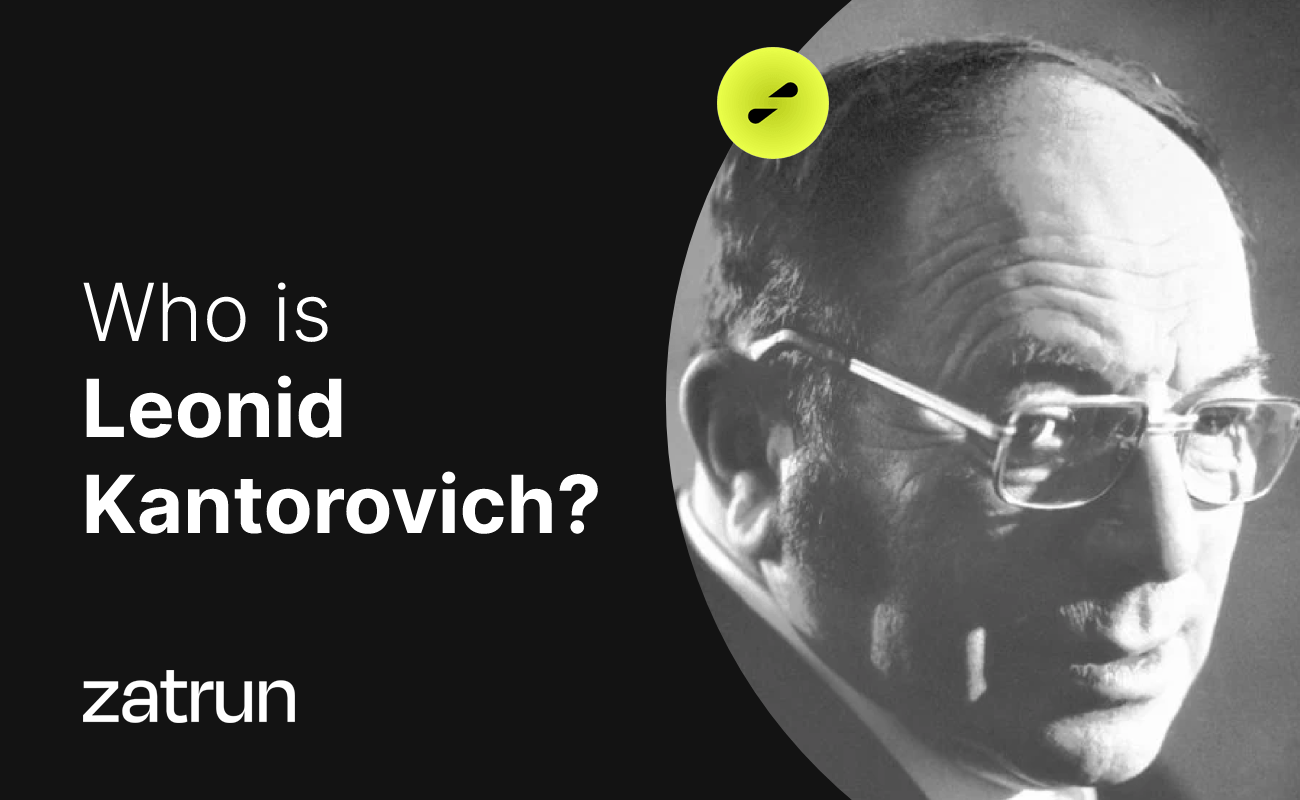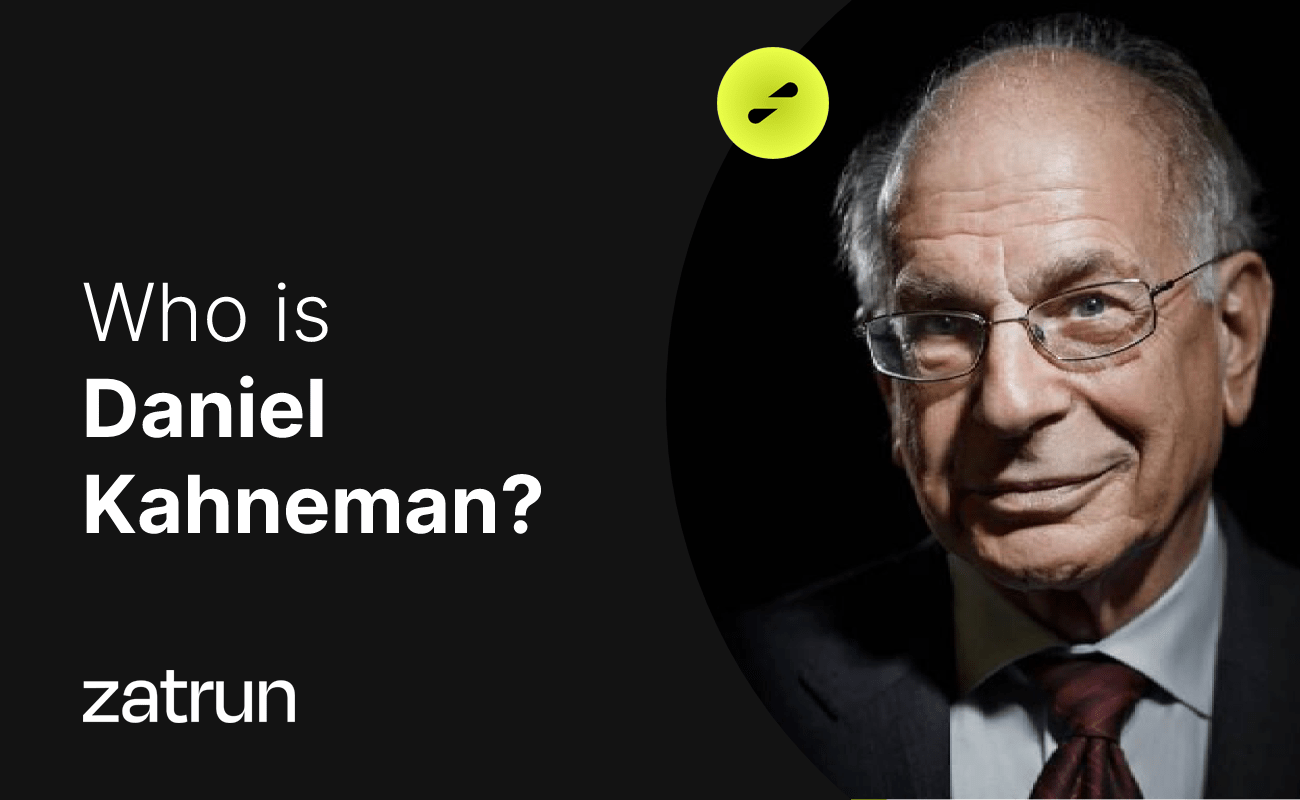In this article, titled “Who is Leonid Hurwicz 101: Successful Economist and Mathematician?”, we will delve into everything you need to know in detail about the famous economist and mathematician Leonid Hurwicz, as our readers at Zatrun.com are curious about.

Who is Leonid Hurwicz?
Leonid Hurwicz was an American economist and mathematician born in Poland on August 21, 1917, and passed away on June 24, 2008. He was known for his work in game theory and mechanism design. He showed how desired outcomes could be achieved using incentive-compatible mechanism design and developed the principle of incentive compatibility. In 2007, he was awarded the Nobel Prize in Economics (along with Eric Maskin and Roger Myerson) for his work in mechanism design. At the age of 90, Hurwicz was one of the oldest Nobel laureates.
Leonid Hurwicz received his education in Poland and emigrated to the United States as a refugee after the occupation of Poland by Hitler in 1939. He worked as a research assistant for Paul Samuelson at the Massachusetts Institute of Technology and for Oskar Lange at the University of Chicago in 1941. From 1942 to 1946, he worked as a research specialist for the Cowles Commission. He began his career as an assistant professor of economics at Iowa State College in 1946.
In 1951, he joined the University of Minnesota and was appointed as the Regents Professor in the Department of Economics in 1969 and the Curtis L. Carlson Professor of Economics in 1989. At the time of his death in 2008, he was serving as the Regents Professor Emeritus of Economics at the University of Minnesota. Hurwicz was one of the first economists to recognize the value of game theory and was a pioneer in its applications. Today, models developed by Hurwicz are used to analyze and understand the interactions of individuals, institutions, markets, and trade.
Leonid Hurwicz and His Early Years:
Leonid Hurwicz was born in Moscow in August 1917 to a Polish Jewish family. Immediately after his birth, his family returned to Warsaw. Hurwicz and his family suffered persecution both under the Bolsheviks and the Nazi regime. In 1939, when Germany invaded Poland, Hurwicz became a refugee again. His mother, father, and brother fled Warsaw but were caught and sent to Soviet labor camps. Hurwicz, on the other hand, graduated from Warsaw University in 1938 and was in Poland during the Nazi occupation. He went to London, then Switzerland, Portugal, and finally emigrated to the United States in 1940. His family later joined him there.

Academic Career:
Leonid Hurwicz received the Guggenheim Fellowship from 1945 to 1946. In 1946, he began serving as an assistant professor of economics at Iowa State College. From January 1942 to June 1946, he was a research associate at the Cowles Commission. In October 1950 to January 1951, he became a full-time visiting professor, teaching Koopmans’ classes in the Economics Department and researching the commission’s resource allocation theory. He also served as a research professor of economics and mathematical statistics at the University of Illinois, a consultant for the RAND Corporation through the University of Chicago, and an advisor for the US Department of Budget. Hurwicz continued to serve as a consultant for the Cowles Commission until approximately 1961.
In 1951, he was accepted into the University of Minnesota by Walter Heller and began serving as a professor of economics and mathematics in the Department of Business Administration. He spent the rest of his academic career here, but also continued to work and teach in other places outside the US and Asia. In 1955 and again in 1958, Hurwicz became a visiting professor and fellow at Stanford University, where he published a paper in 1959 on mechanism design titled “Optimality and Informational Efficiency in Resource Allocation Processes”.
He taught at Bangalore University in 1965 and taught at Tokyo University, People’s University (now Renmin University of China), and Indonesia University in the 1980s. In the US, he served as a visiting professor at Harvard University in 1969, at the University of California, Berkeley from 1976 to 1977, at Northwestern University twice in 1988 and 1989, at the University of California, Santa Barbara in 1998, at the California Institute of Technology in 1999, and at the University of Michigan in 2002. He also served as a Visitor Distinguished Professor at the University of Illinois in 2001.
Theories and Works:
Hurwicz was a pioneering researcher in economic theory, specializing in mechanism and institutional design, mathematical economics, and corporate theory. His interests lie in mathematical economics, modeling, and company theory, and he has published works in these fields since 1944. In the 1950s, he worked with Kenneth Arrow on nonlinear programming. In 1972, Arrow became the youngest recipient of the Nobel Memorial Prize in Economic Sciences. Hurwicz was the graduate advisor of Daniel McFadden, who received the award in 2000.
Earlier economists had shied away from analytic modeling of economic institutions. Hurwicz’s work played a crucial role in showing that economic models could provide a framework for analyzing systems like capitalism and socialism and how incentives in these systems affect society members. The incentive-compatible theory developed by Hurwicz changed the opinions of many economists, explaining why centrally planned economies might fail and how individual incentives make a difference in decision-making.
In October 2007, Hurwicz, together with Eric Maskin from the Institute for Advanced Study and Roger Myerson from the University of Chicago, won the Nobel Memorial Prize in Economic Sciences. Hurwicz was honored for laying the foundations of mechanism design theory. During a phone interview with the Nobel Foundation, Hurwicz and his wife learned that he was the oldest person to receive the Nobel Prize.












